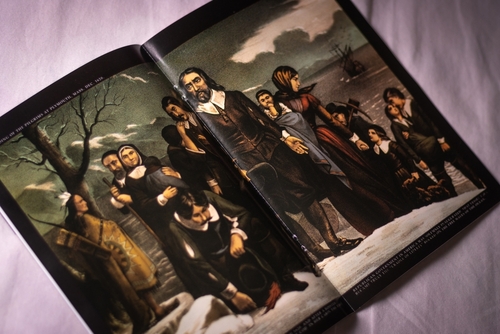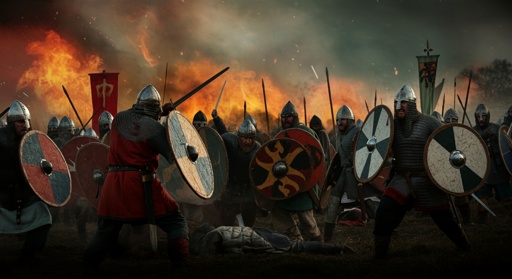Can democrats criticize the Enlightenment? In Harold Kaplan’s analysis of modern literature, he doesn’t criticize the Enlightenment (late 17th to early 19th century), but he mentions it as a timeframe for a modern state of mind which has been detrimental to western thought.1 He doesn’t criticize the Enlightenment in Democratic Humanism and American Literature either.2 He mentions it rarely, for example when he mentions that Melville’s ‘insights deserted the confident ideas of the Enlightenment’. Kaplan is a democrat. His analysis of Democratic humanism analyzes how well the writers of American classics defended democracy.
If the Enlightenment is only a set body of beliefs that provide the theoretical defense of democracy, democrats would hesitate to say anything negative about it. Criticism would be especially risky today, as the political right rampages across the democratic world. As it happens, America’s founding ideas are not sealed in a glass case and the philosophical defense of democracy is still a work in progress. The fear of criticizing those ideas may actually be dangerous to democracy. Since the Declaration of Independence, we seem to have proceeded on somewhat shaky ground with a calm assurance that it’s all been worked out.
The Enlightenment in Context
One source of context is the Einstein Forum’s series on the Enlightenment. In this series, several scholars explain the counter-Enlightenment’s critique. The counter-Enlightenment is a different genre entirely, and not at all sympathetic to democratic humanism. In fact, much of its criticism is propaganda. For example, there is the claim that the Enlightenment was Euro-centric, or that it promoted colonialism. The opposite is true. The Enlightenment was the first to call out Eurocentrism and colonialism.
America and Traditional Authority
However, I think Kaplan would maintain that the Enlightenment was responsible for the west’s skepticism toward all traditional forms authority. It’s important to emphasize the word ‘traditional’. The west is not averse to all forms of authority. In Harold Kaplan’s analysis of Ralph Waldo Emerson, Kaplan explains the influence of Calvinist thought on American democracy.
“The alternatives of licentiousness and passivity were anathematic to both the Puritan and the American democrat. The secret of both strains of thought, at least for what they had in common, was perhaps the fact that they pioneered in emancipation and harshly challenged traditional human authorities. In terror of their presumption, they immediately countered by expressions of faith in an ultimate power, as absolute as could be conceived, but a power which acted through individuals and therefore guaranteed that their acts and experiences were not the reflection of chaos.”

There may be other inherited traits of the American ruling class. These would come from an Anglo-Saxon heritage.

It seems to me that the outrages currently being perpetrated by Donald Trump are a challenge of some kind. In other words, a game. He’s waiting for us to cry ‘uncle’ and invite some other authority to take over.
The following article cites an expert in Anglo-Saxon culture, Alan Macfarlane, who says there is a cruel streak in Anglo-Saxon culture. British society is based on confrontation, competitive games, which are formed as clubs. “Everything is individualistic and contractual. Parliament is a game, life is a game. And all of the games have teams.” Apparently, Anglo-Saxon games have real consequences.
Leave a Reply
You must be logged in to post a comment.